Press Corps
specialized General Assembly
The Press Corp committee seeks to represent the group of journalists typically present at the United Nations and other important bodies like the White House. You will represent a national or international news agency and will need to reflect on the unique perspectives and viewpoints of your publication. During the conference, you will cover developments within the General Assemblies and Crisis Committees, interviewing delegates, attending and organizing press conferences, and reporting and writing articles.
Press Corps provides delegates a valuable opportunity for first-hand experience reporting on committees and writing journalism pieces and allows delegates to develop their reporting and writing skills further. Delegates choose committee topics they are passionate about and want to report on!
In Press Corps, each delegate will be held to high journalistic standards and truly push their own limits as reporters! Let us come together to inform the general public and bridge the gap between authorities and the masses through reporting!
Topics of Debate:
Government and Journalism:
Governments can have a significant impact on journalism, and because journalism is intended to provide the public with unbiased information to form their own interpretations and judgments on, these governmental influences can be deeply problematic. There are various ways a government can affect journalism and its authenticity: governments can censor journalistic pieces by blocking certain information from their citizens; governments can also spread propaganda and misinformation in news, skewing and polarizing public opinion; and more. While in this sense the relationship between a government and journalism is problematic, the relationship can be a positive one. Unbiased journalism, operating free from government control, can play a role in holding the government accountable. Journalism can shed light on the shortcomings and corruption of the government. Does your news organization have ties with any political parties or government? How should a news organization cope with governmental influence – is it even possible? How has your news organization worked to hold the government accountable?
Journalism Ethic:
At its core, Journalism should be true, accurate, and objective. Ideally, journalists need to be unbiased, detaching themselves from groups, regions, and countries, regardless of their own identity and perspectives on topics. The inability to separate from one’s subjective views will often distort the truth in their journalistic writing. Objectivity is paramount to journalism ethics. In addition to reporting truth and being unbiased and accountable, journalism ethics as outlined by The Society of Professional Journalists’ Code of Ethics also includes minimizing harm, which entails demonstrating compassion for sources and subjects as well as protecting their privacy. This can pose issues because sometimes news organizations cannot report the entirety of the stories without revealing some very private information about the subjects. How should news organizations make sure they uphold their journalism ethics? What does “ethics” in journalism and being “unbiased” truly mean?
The Role of Technology in Journalism:
The rapid development of technology has impacted most aspect of society and of course, journalism. In the digital era, the dissemination of information has become faster than ever. Before, the public’s access to information about current events and global affairs came almost solely from daily physical newspaper. Nowadays, the digitization of media sources and the rise of platforms like Tiktok and Instagram has provided a plethora of alternatives to the traditional newspapers. How has your news organization dealt with the rise of digital journalism and other platforms? How does the digitization of society impact journalism?

